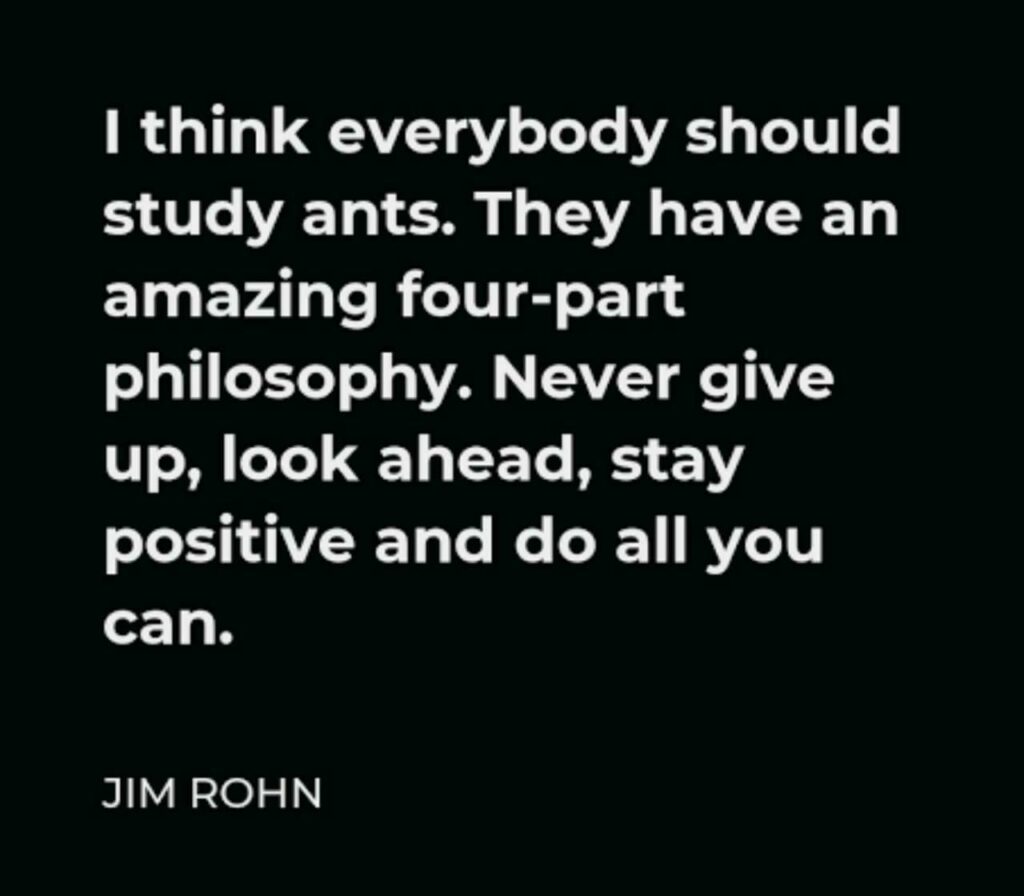24th Mar, 2022
Myrmecology is a branch of entomology focusing on the scientific study of ants.
Ants are amazing little creatures and are often studied to help answer questions on social system evolution due to their complex and high level of organization and social skills.
Conservation and biodiversity are also studied due to the diversity and prominence of ants in our various ecosystems.
And incredibly, organized ant colonies are also examined by networking engineers and biomimicry for their relevance in creating more efficient and sophisticated computer networking systems.
Some early myrmecologists
considered ant society as the ideal form of society and sought to find solutions to human problems by studying them.
Ants are ecosystem engineers, which means that they create and modify their habitats.
Think of the complex three-dimensional fortress they build below the ground to live in.
Through this process, they also aerate the soil — essential for soil health and crop production.
In fact, ants likely turn more soil than earthworms.
In addition, they participate in decomposition and disperse the seeds of plants. Many species of plants rely entirely on ants to disperse their seeds. Without ants, the world would not be a very great place to live.
Another interesting aspect is that female ants do all the work in ant colonies — they gather food, dig tunnels to expand nests and even fight battles.
Males have wings and their only role is reproduction. In fact, males die shortly after mating, while the new queens move on to start a new colony.
Ants are also incredibly strong — some species can carry 100 times their own body weight. Imagine what we could accomplish with that strength.
In one particular study on ant behaviour, it was found that, when ants find a new food source, they lay pheromone trails so that the rest of the colony can find it.
Each subsequent ant reinforces the trail, and makes the signal stronger.
And yet a certain number of ants peel-off the path, seemingly at random.
A remarkable and profound finding was that ants peel-off at a rate that’s directly proportional to the pace of change in the external environment.
Essentially a more unstable environment requires more exploratory behavior so that the ants don’t get stuck with a single, depleted food source.
This unconscious urge accelerates during a crisis thereby ensuring that alternative sources of food and settlement are found quickly and the crisis is overcome.
Gods tiniest creature has so much to teach us, let’s just open our mind to learning & stay blessed forever.

